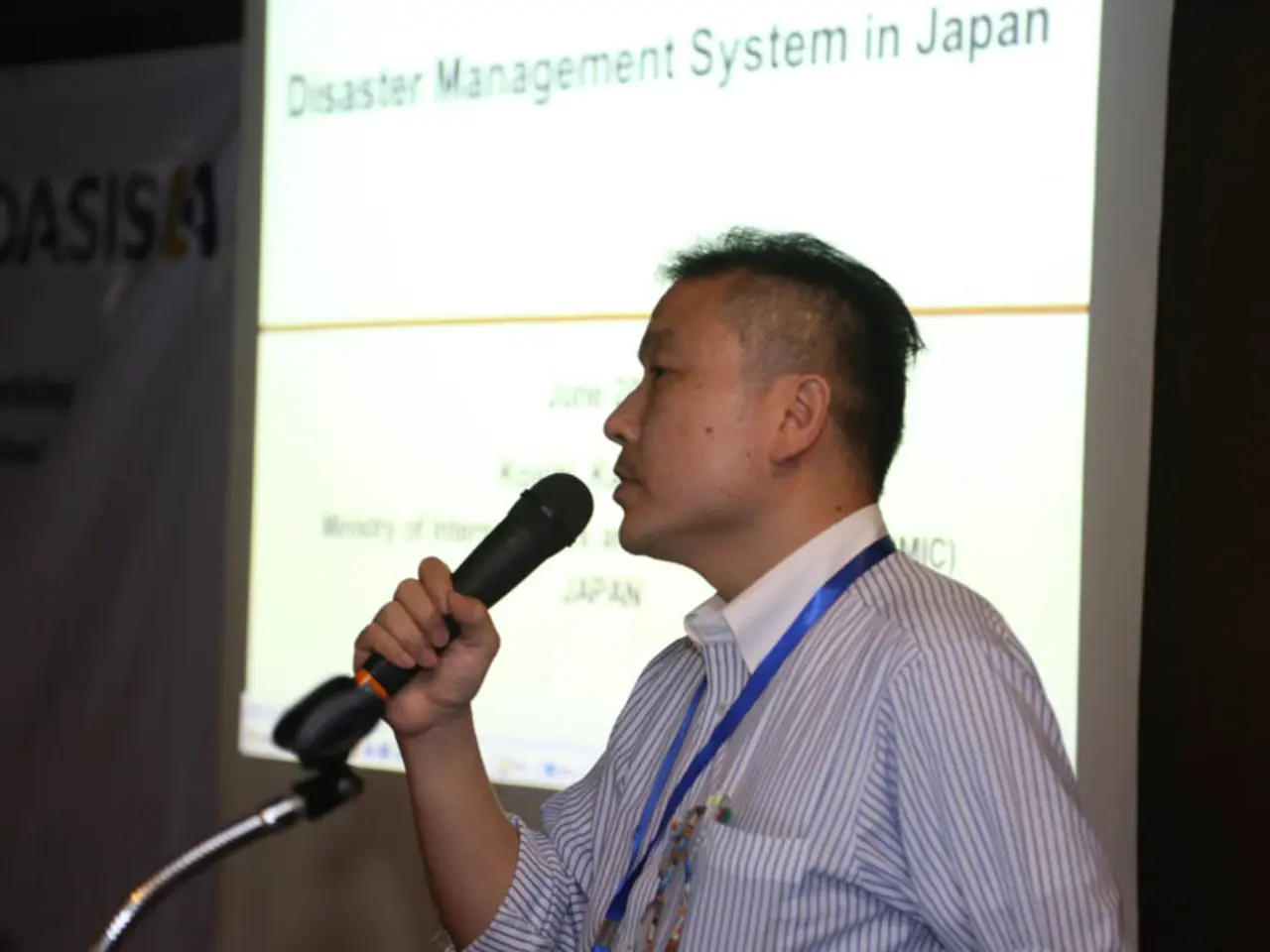U.S. has not yet granted aid after Afghanistan earthquake, according to reports
In the aftermath of the devastating earthquake in Afghanistan, which occurred a week ago, over 2,200 deaths have been reported, and tens of thousands of people have been left homeless. The disaster has highlighted the importance of humanitarian aid, but the United States has yet to authorise emergency relief for the crisis.
The International Organization for Migration (IOM) currently has access to US-designated emergency aid goods intended for Afghanistan, but these supplies have been stuck in storage due to the termination of an independent US funding allocation by the Trump administration. The IOM is not alone in facing this issue, as the International Rescue Committee (IRC) has also requested permission from the US to send $105,000 worth of US-funded medical supplies to Afghanistan. However, these materials are also currently stuck in storage.
The IRC needs Washington's permission to send the equipment to Afghanistan because it had been funded by an unrelated US grant that the Trump administration had since canceled. Such a declaration is usually issued within 24 hours of a major disaster, but the State Department has not yet approved a declaration of humanitarian need, the first step in authorizing US emergency relief.
The US Agency for International Development (USAID), which usually plays a significant role in disaster relief, was officially shuttered on Tuesday. This closure has further complicated the situation, as the UN aid chief Tom Fletcher stated that the Afghan earthquake has exposed the cost of shrinking resources on vital humanitarian work.
Basic infrastructure and livelihoods have been destroyed in the earthquake, according to the representative in Afghanistan for the UN Development Programme, Stephen Rodriguez. Donations have come from several countries, including Britain, South Korea, Australia, India, Pakistan, Iran, and Turkiye, but "far more is needed."
The IOM, IRC, and other humanitarian organisations are working tirelessly to provide aid to those affected by the disaster. However, the lack of US authorisation for emergency aid has hindered their efforts. The IOM, for example, currently has access to the US-designated emergency aid goods, but they are unable to distribute them without the necessary approval.
The situation in Afghanistan is critical, and the need for humanitarian aid is urgent. The US, as a key player in global aid efforts, has a responsibility to provide the necessary resources to help those affected by the earthquake. The delay in authorising emergency aid is causing unnecessary suffering and could have long-lasting consequences for the people of Afghanistan.
The earthquake in Afghanistan has highlighted the importance of maintaining funding for humanitarian aid organisations and the need for quick responses to major disasters. As the international community continues to respond to this crisis, it is crucial that the US takes action to authorise emergency aid for Afghanistan and support the efforts of organisations like the IOM and IRC.
Read also:
- Tobacco industry's suggested changes on a legislative modification are disregarded by health journalists
- Uncovering Political Ad Transparency: A Guide to Investigating opponent's Political Advertisements in the Digital Realm
- Elon Musk praises JD Vance's debate performance against Tim Walz
- Right-wing Israeli minister supports controversial plan for West Bank settlement expansion








